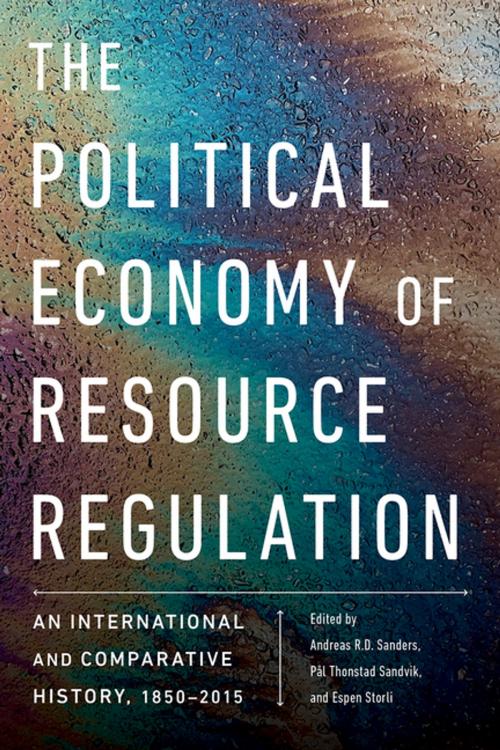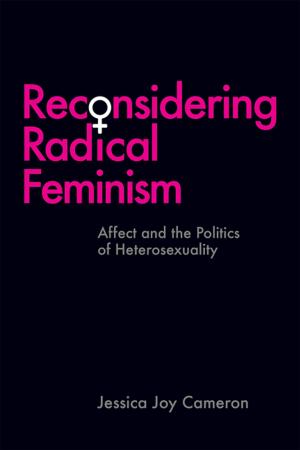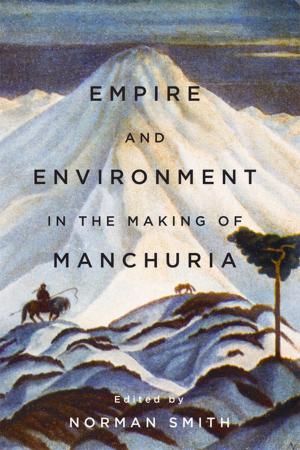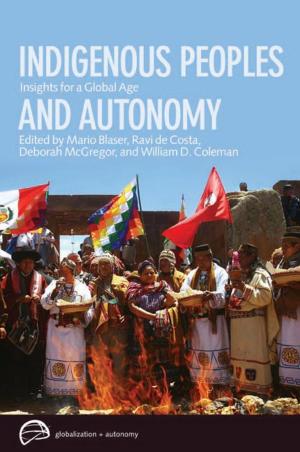The Political Economy of Resource Regulation
An International and Comparative History, 1850-2015
Nonfiction, Social & Cultural Studies, Political Science, Politics, Economic Conditions, Business & Finance, Industries & Professions, Industries| Author: | Andreas R. Dugstad Sanders, Pål R. Sandvik, Espen Storli | ISBN: | 9780774860635 |
| Publisher: | UBC Press | Publication: | April 1, 2019 |
| Imprint: | UBC Press | Language: | English |
| Author: | Andreas R. Dugstad Sanders, Pål R. Sandvik, Espen Storli |
| ISBN: | 9780774860635 |
| Publisher: | UBC Press |
| Publication: | April 1, 2019 |
| Imprint: | UBC Press |
| Language: | English |
Industrialist John Paul Getty famously quipped, “The meek shall inherit the earth, but not its mineral rights.” Throughout history, natural resources have been sources of wealth and power and catalysts for war and peace. They are natural objects for political regulation. The Political Economy of Resource Regulation examines how the intersection of ideas, interest groups, international institutions, and political systems gave birth to distinctive regulatory regimes at various times and places in the modern world.
Spanning seven continents and focusing on both advanced and developing economies, the case studies explore how the goals and modes of regulation have changed in response to new economic realities, demands from power brokers and the broader public, and rules and norms for what is considered legitimate government action.
By widening the lens to capture the history of multiple countries in a comparative perspective, this innovative book shows that regulatory regimes in resource-dependent nations have played a decisive role in the international political economy. It also offers unique insights into why some resource-rich countries have flourished while others have been mired in poverty and corruption.
Industrialist John Paul Getty famously quipped, “The meek shall inherit the earth, but not its mineral rights.” Throughout history, natural resources have been sources of wealth and power and catalysts for war and peace. They are natural objects for political regulation. The Political Economy of Resource Regulation examines how the intersection of ideas, interest groups, international institutions, and political systems gave birth to distinctive regulatory regimes at various times and places in the modern world.
Spanning seven continents and focusing on both advanced and developing economies, the case studies explore how the goals and modes of regulation have changed in response to new economic realities, demands from power brokers and the broader public, and rules and norms for what is considered legitimate government action.
By widening the lens to capture the history of multiple countries in a comparative perspective, this innovative book shows that regulatory regimes in resource-dependent nations have played a decisive role in the international political economy. It also offers unique insights into why some resource-rich countries have flourished while others have been mired in poverty and corruption.















